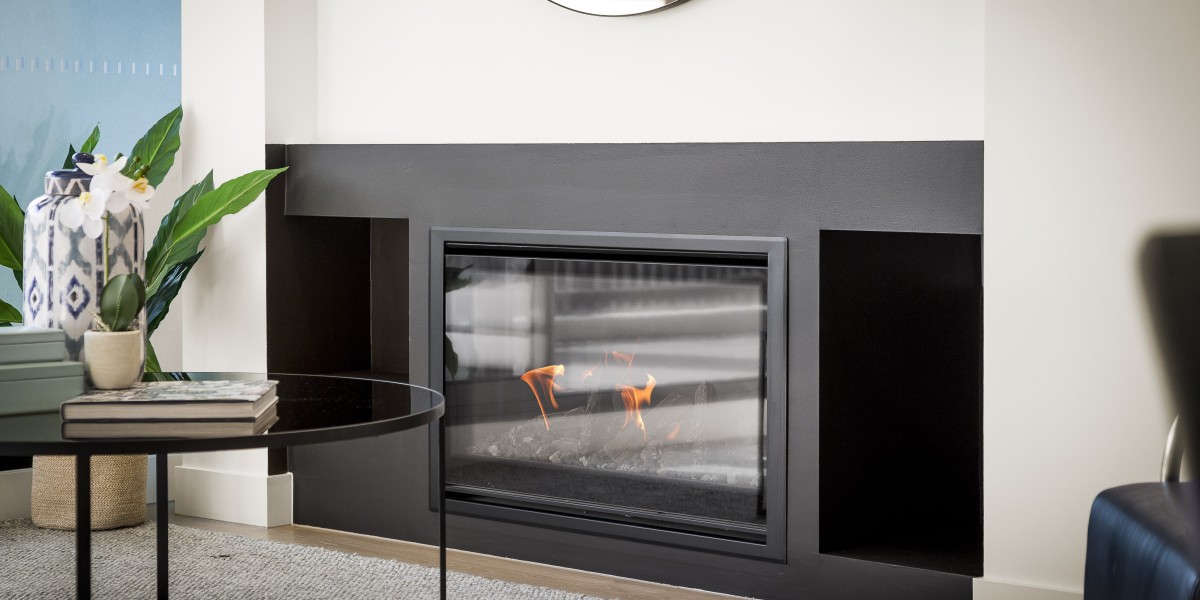In the world of industrial automation and electrical distribution, Motor Control Center (MCC) panels are the backbone of efficient and organized power management. Whether in a water treatment facility or a high-rise building's HVAC control room, MCC panels provide a centralized solution for controlling multiple motors with safety, precision, and reliability.
These panels aren’t just electrical cabinets—they are intelligent hubs that streamline operations, enhance system safety, and improve maintenance efficiency. Let’s explore how MCC panels are deployed across a range of industries, proving their versatility and critical importance.
What Is an MCC Panel?
A Motor Control Center (MCC) is an assembly of one or more enclosed sections that house motor starters, circuit breakers, overload relays, fuses, power busbars, and communication interfaces. These panels are used to start, stop, monitor, and protect electric motors from a central location.
Modern MCCs often include smart controls, PLC integration, and network connectivity, enabling seamless control across different process areas.
Applications Across Industries
1. Water and Wastewater Treatment Plants
Water plants rely on pumps, blowers, mixers, and chemical dosing systems—all driven by motors. MCC panels offer a centralized control and protection system that ensures reliable water flow, consistent treatment quality, and quick fault isolation.
Benefits:
- Easy control of multiple pump motors
- Enhanced operator safety
- Reduced downtime with fault diagnostics
- Integration with SCADA for remote monitoring
2. HVAC Systems in Commercial Buildings
Large buildings—like hospitals, malls, and office complexes—depend on HVAC systems for climate control. MCC panels manage fan motors, chillers, compressors, and pumps, ensuring optimal energy usage and uninterrupted operation.
Benefits:
- Organized control of diverse HVAC components
- Energy-efficient motor management
- Quick troubleshooting and maintenance
- Smooth integration with Building Management Systems (BMS)
3. Manufacturing and Processing Plants
In sectors like food processing, automotive, cement, and textiles, MCCs play a vital role in managing conveyors, mixers, extruders, and packaging machinery. Each motor requires precise control and safety features to ensure productivity and protect assets.
Benefits:
- High reliability in harsh industrial environments
- Modular designs for easy expansion
- Centralized control reduces manual interventions
- Real-time feedback improves process visibility
4. Oil and Gas Industry
The oil and gas sector operates in critical and hazardous environments. MCC panels designed for these industries often come with flameproof enclosures and explosion-proof certifications to ensure safe operation of motors controlling pumps, compressors, and drilling systems.
Benefits:
- Rugged, explosion-proof construction
- Centralized control of multiple high-power motors
- Enhanced safety for hazardous area operations
5. Mining and Minerals
Heavy-duty mining operations require MCCs to manage conveyors, crushers, and ventilation systems. These panels are often installed in tough conditions and need to be both robust and reliable.
Benefits:
- Durable design for rugged environments
- Fast fault response to prevent equipment damage
- Simplified motor coordination under load variations
Key Features That Add Value Across Industries
- Modular Construction: Easy to expand and reconfigure
- Fault Isolation: Reduces system-wide shutdowns
- Remote Monitoring: Connects with industrial control systems
- Overload and Short-Circuit Protection: Safeguards motors and personnel
- Customization: Tailored designs based on industry-specific needs
Conclusion
From pumping clean water in municipal facilities to maintaining air quality in smart buildings, MCC panels prove their worth across a spectrum of industries. Their adaptability, safety features, and centralized control make them indispensable in any facility with motor-driven systems.
As industries continue to move toward automation and smarter energy usage, MCC panels will remain at the forefront—bridging the gap between power and precision. Investing in a well-designed MCC system is not just about managing motors—it's about unlocking reliability, scalability, and long-term operational excellence.
SOFT STARTER Panels vs. Traditional Starters: Which is Best for Your Application?
Enhancing Electrical Infrastructure with Feeder Pillar Panels







